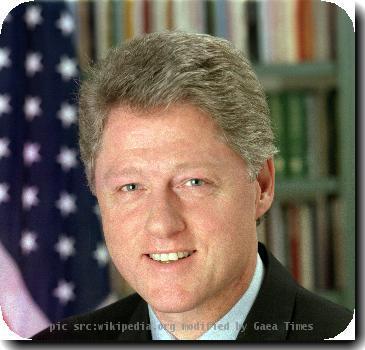State Dept. warns Americans not to visit NKorea, says few ex-presidents available for rescues
By Matthew Lee, APFriday, August 27, 2010
US implores Americans not to visit NKorea
WASHINGTON — The State Department on Friday urged Americans to respect its warning against traveling to North Korea, saying in a cheeky Twitter message that there are not too many former U.S. presidents left available for rescue missions.
In a Tweet posted shortly after former President Jimmy Carter arrived in Boston from North Korea with American Aijalon Gomes who had been detained in the communist country for seven months, State Department spokesman P.J. Crowley said: “Americans should heed our travel warning and avoid North Korea. We only have a handful of former presidents.”
His message referred to the fact that Carter was the second former U.S. president to travel to North Korea in the past year to win the release of American citizens imprisoned there. Last August, former President Bill Clinton secured the release of two television reporters who had been arrested for illegally entering North Korea.
Carter’s trip means that the only living former presidents not to have rescued Americans imprisoned in North Korea are George H.W. Bush and his son, George W. Bush.
Immediately after Carter flew out of the North Korean capital of Pyongyang with Gomes late Thursday, the State Department renewed its long-standing warning for Americans not to visit the country.
“Travel by U.S. citizens to North Korea is not routine, and U.S. citizens crossing into North Korea without proper documentation, even accidentally, have been subject to arrest and long-term detention,” the warning said in bold letters.
Gomes who entered North Korea illegally in January was convicted and sentenced to a hefty fine and eight years of hard labor. The U.S. had appealed for his release on humanitarian grounds for months before Carter’s visit.
Crowley said that although the U.S. appreciated the resolution of the Gomes’ case, it was still concerned about North Korea’s “broader behavior,” a reference to its nuclear weapons program and belligerent attitude and actions toward South Korea.
Tags: Asia, Bill Clinton, East Asia, North America, North Korea, United States, Washington

